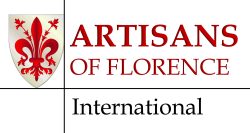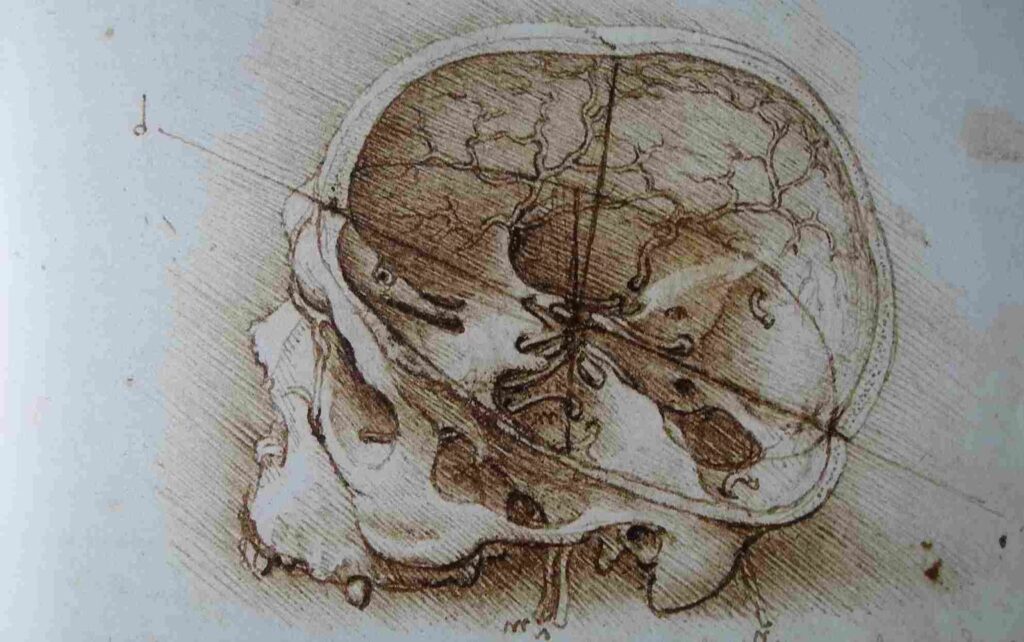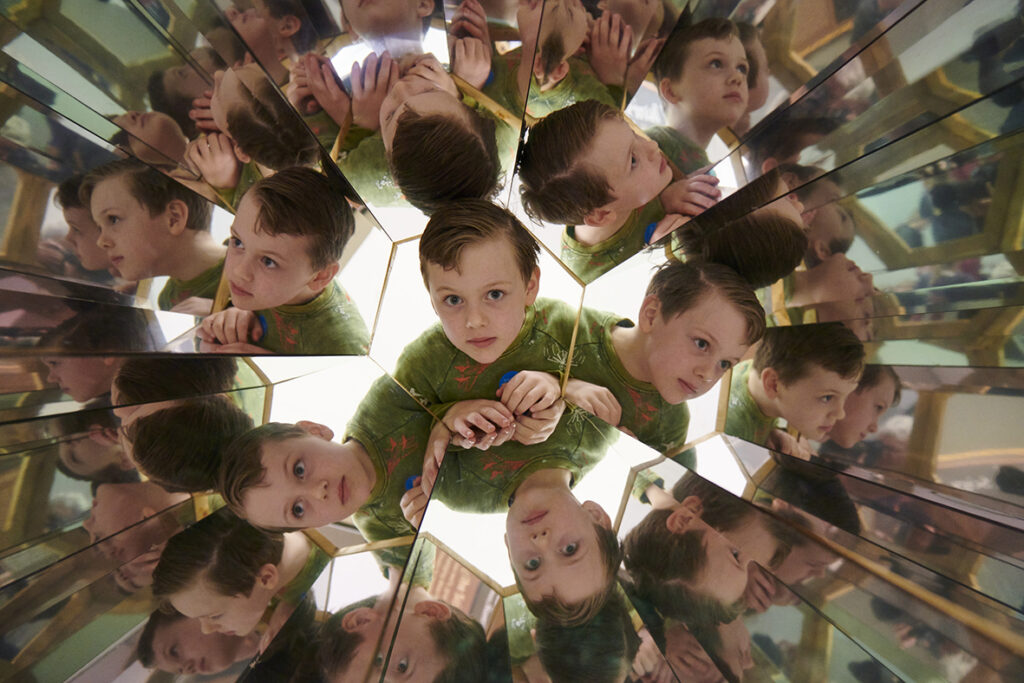Future machines inspired by Leonardo
How do we teach young people to be the leaders of tomorrow? How can we help them to be curious and engaged lifelong learners, empowered with the skills to thrive in the 21st Century? Whittlesea Tech School is one of 10 Tech Schools created by the government of Victoria to provide free high-tech STEM (Science, […]
Future machines inspired by Leonardo Read More »


